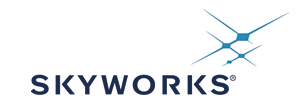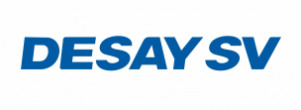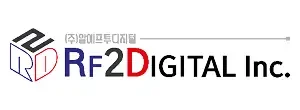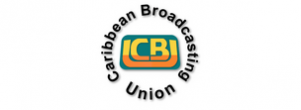The DRM booth at the ABERT Congress was constantly manned and visitors could easily approach a very good team of DRM representatives including Ruxandra Obreja, Consortium Chairman and President DRM Association; Carlos Acciari representing Digidia, French manufacturer of modulators and server content for digital radio, member of the Consortium; Rafael Diniz, Ataliba Filho, Thiago Novaes and Paulo Lara, all official members and supporters of DRM Brazil group; and myself Marcelo Parada, Brazilian FAE of DiBcom, digital tuner business unit of Parrot, French designer of silicon tuners and demodulators for digital TV and radio, member of the Consortium.
During the two days of the Congress (a conference doubled by an exhibition) visitors could learn more about the two different digital radio standards being considered for official digital selection in Brazil. They could also listen to the presentations on digital radio but also on the spectrum division in Brazil and other topics related to radio and TV broadcasting.
The DRM booth was constantly extremely busy being visited by Deputies, representatives from the Ministry of Communication (Minicom), staff from Anatel (national regulator), radio station owners, technicians involved in this industry, journalists and students. All of them had the opportunity to learn more about DRM and have dispelled some “false myths” that they had heard before.
Those meeting visitors at the booth made sure that a few simple points were made loud and clear: DRM is an open standard, already approved by ITU that can be used for different broadcasting frequencies, as LW, MW, SW, band I, II (FM band) and III (above 30 MHz). There were questions about whether the standard can be used for simulcast (analog and digital) using the same band of the existing analog channel in FM or AM or if DRM can be used for multiprogramming with the possibility of dividing the channels between audio and data, as chosen by the broadcaster. The answer to this was “yes” and more explanations were given on the “how” as well.
I had the opportunity to present the new products from DiBcom/Parrot, specially our Octopus family of chipsets that consists on integrated tuner + demodulator with programmable capabilities This means that using the same chipset it is possible to receive different standards of digital TV and Radio. Our new Octopus III chipset to be launched next year will be able to receive DRM+ with high quality and at affordable price.
Another very important point for the promotion of DRM in Brazil is that visitors could check on the booth of BT Broadcast Transmitters www.bttelecom.com.br , the first Brazilian transmitter for DRM. It was a 2,5KW transmitter built with the help of Digidia that was used to show a simulcast transmission in AM. This proved to many interested visitors that DRM could better meet the need for the technology transfer to Brazil: one of the most important points being currently considered by the government in the process of selecting the official digital radio standard.
During the ABERT Congress participants were given important information, especially by Genildo Lins, Secretary of Electronic Communication Services in the Ministry of Communication. He said officially that:
– Channel 5 (76-82MHz) and 6 (82-88MHz) from the VHF will be used for digital radio after the shut-off of the analog TV in Brazil, programmed to happen in 2016.
– The government will not support the digitalization of radio stations in SW.
– The digital radio standard will be selected until end of this year.
This decision not to support the SW digitisation was not well received by some radio stations that have interest in keeping this type of transmission (used domestically in Brazil) in digital. For that reason they are discussing and examining ways to revert this position.
Simultaneously with the ABERT Congress, DRM+ trials went ahead in a small community station in a little town very close to Brasilia, Recanto das Emas.
Though both the DRM presence and the trial seem to have gone well, the decision on the Brazilian digitisation is still very much in the balance. Let’s wait until end of the year as promised by the government.
Marcelo Parada, FAE of DiBcom, DTBU of Parrot.


